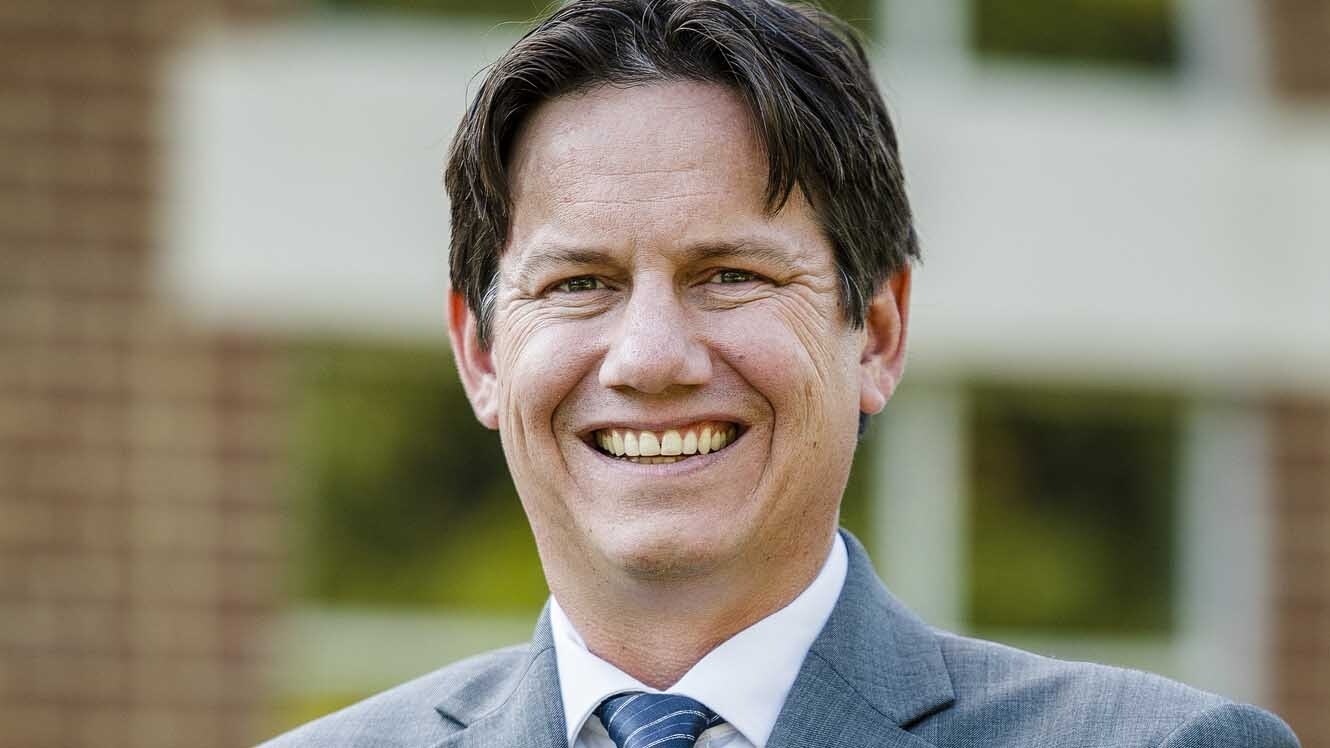Few Republicans were surprised former Vice President Mike Pence ended his presidential campaign on Saturday. (They were more surprised when he announced his campaign for president in the first place in June.) “Traveling across the country over the past six months, I came here to say it’s become clear to me that this is not my time,” Pence said at the conclusion of his speech at the Republican Jewish Coalition gathering in Las Vegas. Republicans could have easily saved him the six months of wandering in the wilderness. They were not interested.
What drives you to run for president when there is no real chance of winning? There are practical reasons. Maybe you can get a cabinet position, maybe you get picked as a running mate by the winner, or maybe it will bolster your particular brand for a bright economic or political future. But for Pence, this cycle, all of those motivations were already out. His political career was diminished in 2020 when he and President Donald Trump lost reelection, and a host of angry Trump supporters after the January 6th riots proved he would never win a national campaign for president again as a Republican.
In public remarks, presidential candidates will offer a more pious motivation, to run for president on principle despite the polls. Pence certainly voiced that sentiment on the debate stage and wherever else he traveled. Still, for every politician, there is usually a little bit of pride and vanity driving them forward.
When he announced his run for president, Pence pointedly reminded voters of his career before Trump, as a Ronald Reagan acolyte, a conservative member of Congress, and governor of Indiana. He claimed that Trump ran in 2016 on “conservative principles,” so he joined the ticket. “Today he makes no such promise,” Pence warned on the campaign trail. But his argument does not make sense, as Trump is running on the exact same “Make America Great Again” agenda that he ran on in 2016 and in 2020.
Pence made his motivations more clear in a September speech rejecting populism at St. Anselm College in New Hampshire. Populism is a general idea of running a campaign that pits the ideals of the general populace against the out-of-touch ruling elites. Pence warned, however, it was something more sinister, akin to the progressive agenda of the Democratic Party. “Make no mistake about it, those ideologies are fellow travelers on the road to ruin,” he said.
He warned Republicans from the “siren song” of populism separated from conservative principles. “The future of this movement and this party belongs to one or the other, not both. That’s because the fundamental divide between these two factions is unbridgeable,” he said. He failed to recognize the irony of his statement, as Trump’s winning campaign was a very successful fusion of conservatism and populism into a winning coalition.
Trump was certainly no conservative in some of the modern Republican sense of the word. He promoted the importance of tariffs to protect industry in the United States and killing free trade deals with foreign countries, both of which were anathema to the free market principles hailed by conservatives.
Trump also refused to discuss cuts to Social Security and Medicare, ignoring the fiscal hawks and instead listening to the populace that had paid into these programs for decades. As president, Trump also proposed $2 trillion of spending in infrastructure, despite protests from Senate Republicans. Despite setbacks, he finally put Americans on the path to ending the war in Afghanistan and he also withdrew troops from Syria, angering the neo-con conservatives in favor of more foreign military interventions.
When he was in office, Pence was a dutiful vice president and never publicly rejected Trump’s policies that did not appeal to the establishment conservative Republicans in Washington. Curiously enough, Pence even ran his 2024 campaign unapologetically on their record in their four years in office. “With the exception of the former president, no other candidate knows better or takes more pride in the accomplishments of the Trump-Pence administration than I do. I was there,” he said in the very same speech in New Hampshire rejecting the very same movement that got him there.
Pence also argued that Trump had not brought about a fundamental change to the Republican Party, despite their victories and successes. “The Republican Party did not begin on a golden escalator in 2015,” he said in 2023, warning that abandoning the incredibly unpopular politics of the pre-Trump Republican Party was certain doom for the future.
Ultimately, Pence missed the absurdity of the idea of running for president against the very same person you praised for four years. It takes a particular amount of pride and hubris to think you can wrest the party from the man who brought it to victory, but maybe his campaign was not about that.
When a politician loses power, often their vanity seeps in to try and manipulate how they are remembered in history. Perhaps Pence’s campaign was an attempt at how he wants to be remembered, as a man trying to cement his separation from Trump despite his apparent hypocrisy. Whatever the motivations, Republican voters rejected Pence — just as they rejected Mitt Romney and Liz Cheney — as their political careers faded to nothing. Trump’s brand of America First Republican populism, however, thrives and is arguably ready to compete in the next presidential election.
Charlie Spiering is a Wyoming native who works in Washington, D.C., where he continues writing about the White House, Congress and national politics. A former writer for Breitbart News, The Washington Examiner and columnist Robert Novak, Spiering frequently returns home to the family farm in Powell to escape the insanity of Washington.





